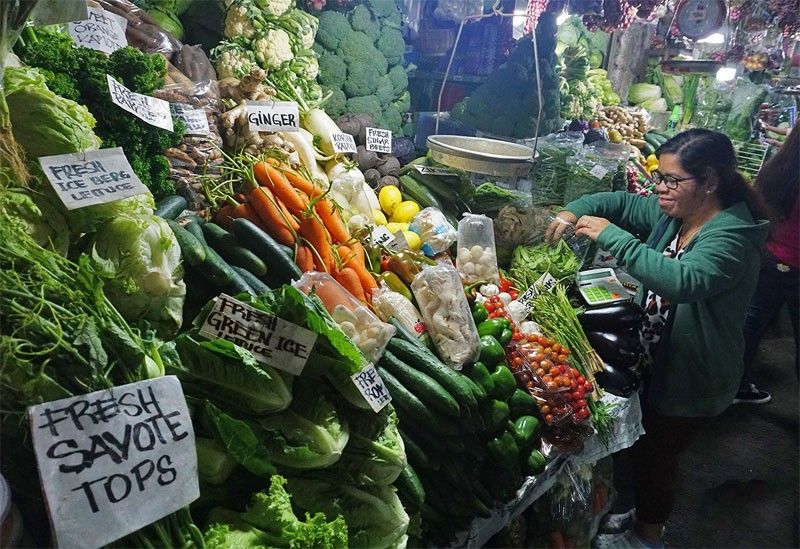Philippines, Japan start market-driven vegetable project

MANILA, Philippines — The Philippines and Japan have identified pilot areas in three regions to formally start their market-driven vegetable sector project.
The Department of Agriculture (DA) and Japan International Cooperation Agency (JICA) on Monday held the kick-off meeting and first joint coordinating committee (JCC) meeting to implement the Technical Cooperation Project on Market-Driven Enhancement of Vegetable Value Chain (MV2C-TCP) this year until 2028.
This follows the completion of the project’s planning phase, in which a value chain survey and project’s roadmap were already prepared.
To formally begin the project’s implementation phase, the project implementation team identified pilot areas in the provinces of Benguet (La Trinidad, Buguias, Atok, Kibungan, and Mankayan), Quezon (Dolores, Sariaya, Gumaca, and Lopez) and Metro Manila.
JICA chief representative to the Philippines Sakamoto Takema said they have dispatched experts to the pilot provinces to share their technical guidance and experience in the model value chain.
“I would like to acknowledge the collective efforts and dedications of all counterparts in here from the DA Central, the Regional Offices, the LGUs, and the JICA FCA team–especially during the planning phase of this project. Moving forward, we ride on the unwavering strong commitment and collective collaboration of all our counterparts in the Implementation Phase of the project,” he said.
Takema said their team envisions to work not only with the farmers and national government, but also with the business sector and consumers.
He also urged Philippine partners to promote much involvement from the business sector.
“Our project will develop inclusive food value chain models which should be replicable in other hazard areas in the country. The development of inclusive value chain models will be dependent on the success of implementation of pilot projects in Benguet, Quezon, and Metro Manila,” Takema said.
The MV2C-TCP was the result of the signed records of discussion between the Philippine government and JICA in October 2021.
The initiative intends to strengthen the vegetable value chain by implementing inclusive business models, hence increasing farmer income.
“The Market-Driven Enhancement of the Vegetable Value Chain in the Philippines is thus an endeavor of knowledge and empowerment – an undertaking that is fully in keeping with President Marcos’ vision for our farmers and fisherfolk,” DA Senior Undersecretary Domingo Panganiban said.
He stressed that the MV2C’s objective is to help farmers engage with the food value chain as business managers.
“The premise is simple. By training vegetable growers in the best technologies and cultivation techniques, we increase farm productivity,” Panganiban said.
“And by building profitable partnerships among growers, processors and marketing entrepreneurs, we develop a viable business model by which all vegetable farmers might generate the best possible income from their increased production,” he said.
- Latest
- Trending






























